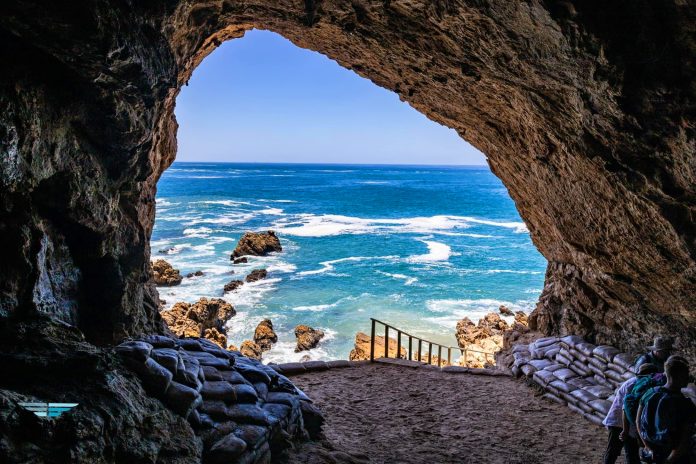The UNESCO World Heritage Committee will soon determine the fate of two nominated sites in the Western Cape, for World Heritage status. Western Cape MEC for Cultural Affairs, Ricardo Mackenzie, met with representatives of other countries in New Delhi on Friday for the deliberation on the sites nominated across the globe.
South Africa site nominations
One nomination, titled “The Emergence of Modern Human Behaviour: The Pleistocene Occupation Sites of South Africa,” includes three Middle Stone Age sites: Diepkloof Rock Shelter near Elands Bay and Pinnacle Point Site Complex in Mossel Bay (both in the Western Cape). The Sibhudu Cave in KwaDukuza, KwaZulu-Natal is also nominated.
National Heritage Council of South Africa says these sites provide evidence for understanding the origins of modern human behaviour, with some findings dating back 162,000 years.
The second nomination for World Heritage status is “The Human Rights Liberation and Reconciliation: Nelson Mandela Legacy Sites,” which comprises ten sites across Gauteng, KwaZulu-Natal, Free State, and Eastern Cape. These include the Union Buildings, Sharpeville Massacre Site, Liliesleaf, Constitution Hill, and the University of Fort Hare.
“The components combined encapsulate the legacy of the South African Liberation in the 20th Century and the three tenets namely; Human Rights, Liberation, and Reconciliation,” says Thabo Manetsi, of the National Heritage Council of South Africa.
UNESCO committee meeting
Mackenzie is leading the Western Cape delegation at the session in New Delhi and will also receive the outcome of the deliberations. He has expressed optimism about the possibility oof receiving World Heritage status in the province, noting that it will boost tourism, economic development and job creation.
“These sites are not only global archaeological treasures but also symbols of our resilience, creativity, and capacity for innovation. They remind us of the importance of preserving our cultural and natural heritage for future generations.”
Both nominations have undergone extensive stakeholder engagement and evaluation, with conservation management plans and legislative tools in place to ensure their sustainability post-inscription.
Currently, South Africa has ten World Heritage Sites. If these nominations are successful, the country will add an eleventh site to its list. Africa only has 8% of its sites represented on the World Heritage List, making this potential recognition a significant milestone for both South Africa and the continent.
“The Western Cape is privileged to have such an abundance of cultural offerings, and we must make full use of their significance to deepen our collective knowledge and harness their potential to further our economic growth,” says Premier Alan Winde.
The proceedings commenced on 21 July and runs until 31 July. The public can follow the daily working sessions via the above live stream.




